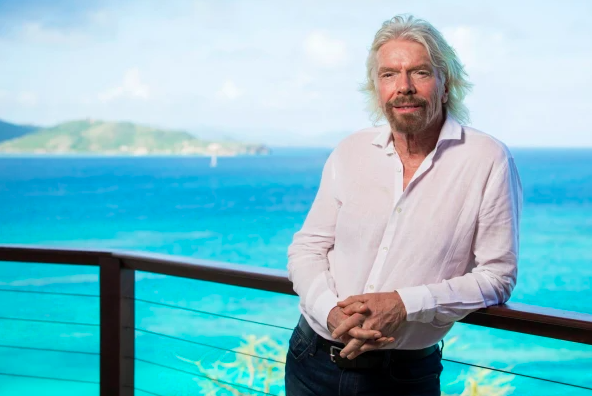
Green.org sat down with Richard Branson to learn why we should all be more sustainable.
Good afternoon, Mr. Branson. It’s a pleasure to have you here today.
Branson: Thank you for having me. It’s always a pleasure to talk about sustainability!
Absolutely. Sustainability has been a hot topic in recent years. Could you explain to our audience why it’s so important?
Branson: Sure. Sustainability is all about meeting the needs of the present without compromising the ability of future generations to meet their own needs. In other words, it’s about living in a way that doesn’t harm the planet or its resources, so that we can continue to thrive for generations to come.
That’s a great definition. Why do you think it’s so important for us to be sustainable?
Branson: Well, there are a lot of reasons. First of all, we’re facing some really serious environmental challenges, like climate change, loss of biodiversity, and pollution. These problems are only going to get worse if we don’t take action. So, being sustainable is a way to help mitigate those problems.
But it’s not just about the environment. Being sustainable also makes good economic sense. We can save money on energy and other resources by being more efficient and reducing waste. And there’s growing evidence that companies that prioritize sustainability perform better over the long term.
That’s interesting. Could you elaborate on that last point? How do companies benefit from being sustainable?
Branson: There are a lot of ways. For one thing, being sustainable can help companies reduce costs. For example, by investing in renewable energy sources or using more efficient technologies, companies can save money on energy bills.
But being sustainable can also help companies attract and retain customers and employees. Consumers are increasingly looking for environmentally responsible products and services, and employees want to work for companies that share their values. By prioritizing sustainability, companies can build a strong brand and create a positive reputation.
Finally, being sustainable can help companies manage risk. Climate change, for example, poses significant risks to businesses, from extreme weather events to supply chain disruptions. By taking steps to reduce their environmental impact, companies can better protect themselves from these risks.
Those are all great reasons. What are some of the biggest challenges to being sustainable?
Richard Branson: There are definitely challenges. For one thing, it can be expensive to invest in new technologies or to retrofit existing infrastructure to be more efficient. But as I mentioned earlier, there are also a lot of economic benefits to being sustainable, so it’s often a smart investment in the long run.
Another challenge is changing people’s behavior. We all have habits that are hard to break, and it can be difficult to convince people to adopt more sustainable practices. But I think there’s a lot of potential for positive change here. If we can make sustainability more convenient and affordable, people will be more likely to adopt it.
Finally, there are systemic issues that need to be addressed. Our economic and political systems are often designed in a way that prioritizes short-term gains over long-term sustainability. We need to shift our thinking to prioritize sustainability as a key goal.
That’s a good point. What are some of the most promising solutions you see for promoting sustainability?
Branson: There are a lot of solutions out there, and I’m excited to see so much innovation happening in this space. Some of the most promising solutions involve technology. For example, renewable energy sources like solar and wind power are becoming increasingly affordable and accessible. And there are new technologies emerging that can help us capture carbon from the atmosphere and turn it into useful products.
Richard, thank you for sitting down with Green.org today to share why we should be more sustainable.
Branson: Thanks for having me!
Join leaders in business, energy, tech, and sustainability at the 2023 International Green Summits.